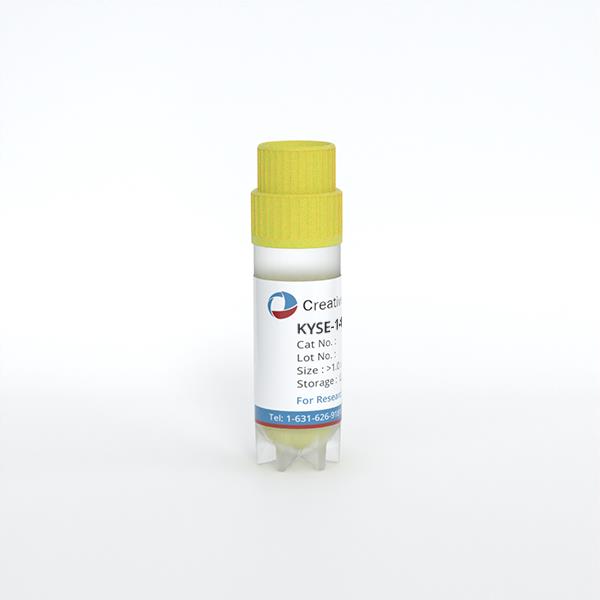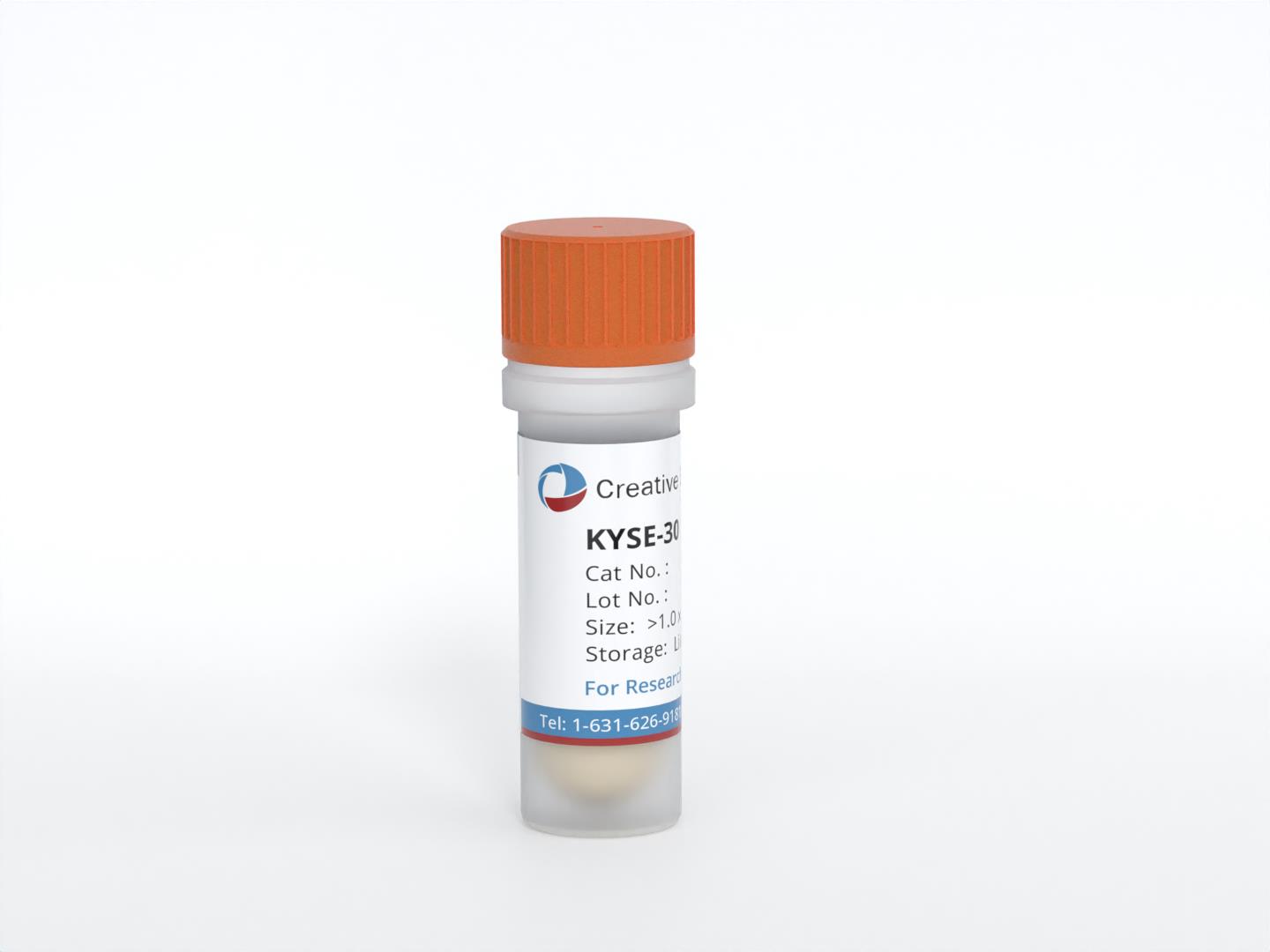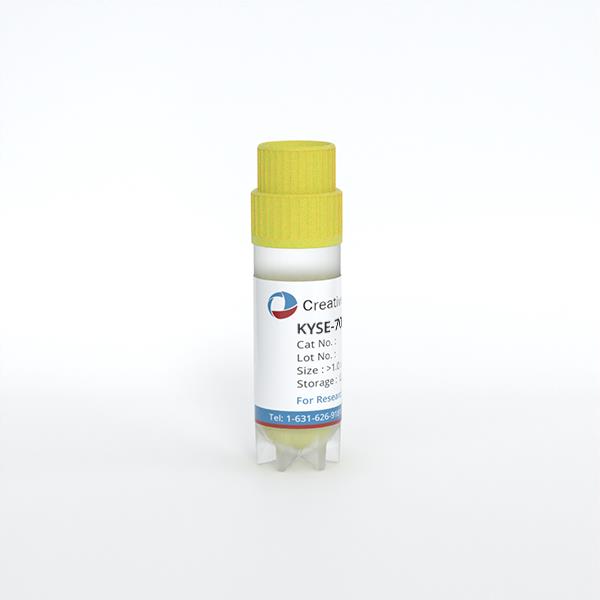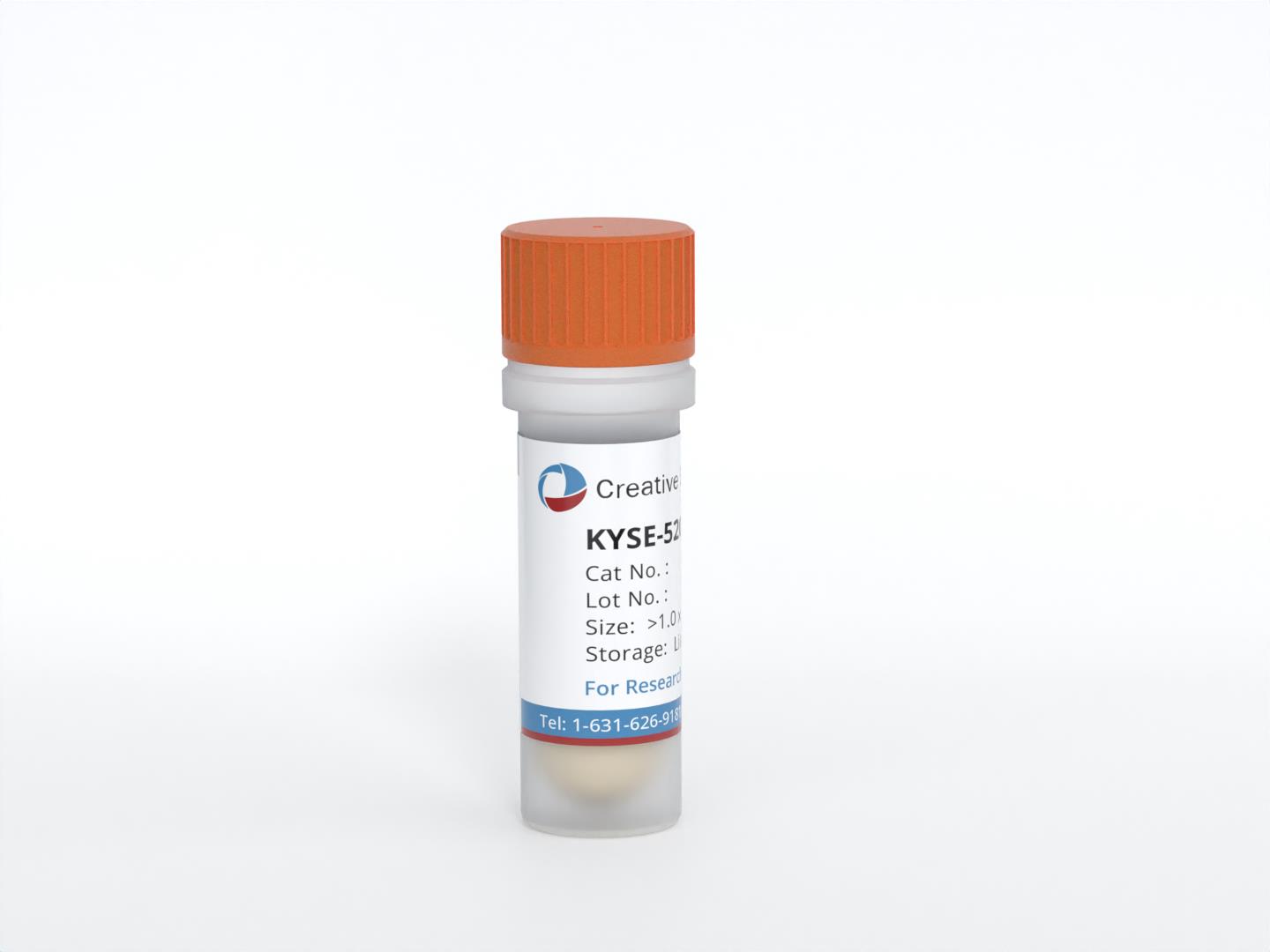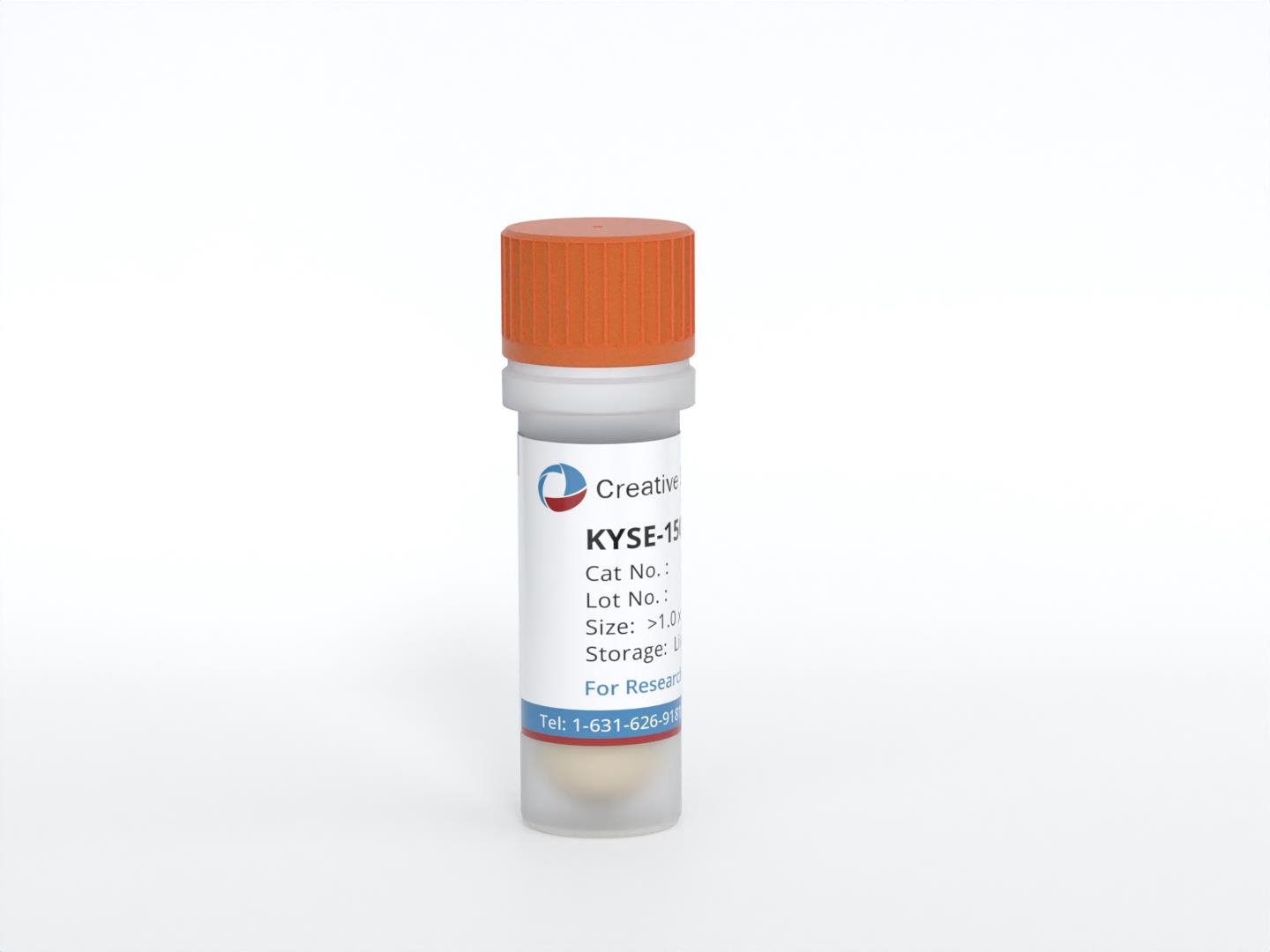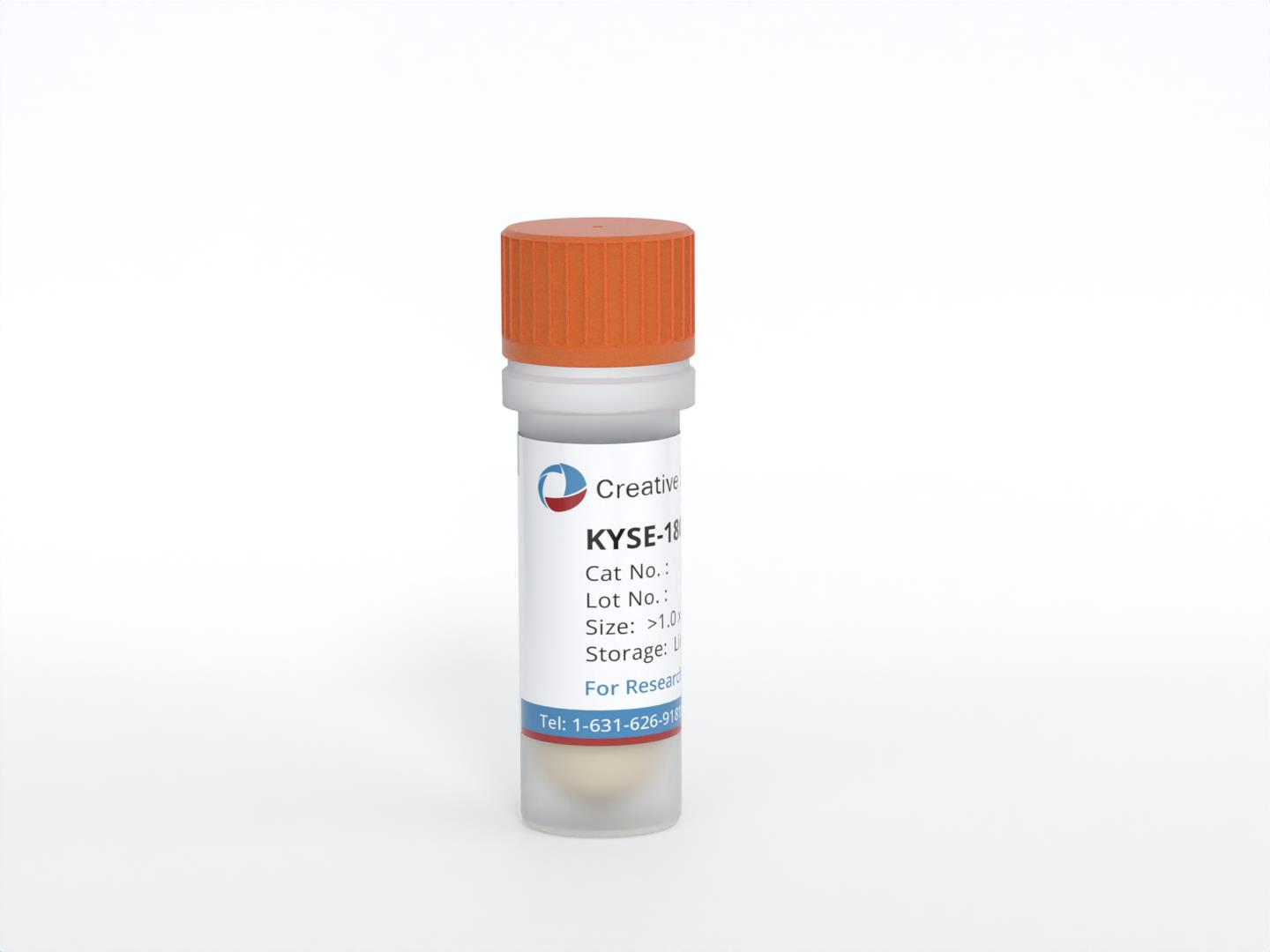Featured Products
Our Promise to You
Guaranteed product quality, expert customer support

ONLINE INQUIRY
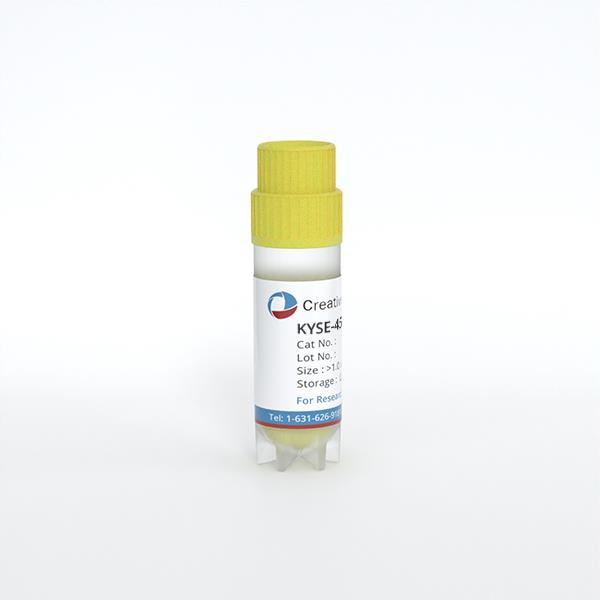
KYSE-450
Cat.No.: CSC-C0435
Species: Human
Source: esophageal squamous cell carcinoma
Morphology: epitheloid cells growing adherently as monolayers
Culture Properties: monolayer
- Specification
- Q & A
- Customer Review
Immunology: cytokeratin +, cytokeratin-7 -, cytokeratin-8 +, cytokeratin-17 +, cytokeratin-18 +, cy
Squamous cell carcinoma occurs most often in the upper and middle portions of the esophagus. Squamous cell carcinoma is the most prevalent esophageal cancer worldwide. Other rare types. Some rare forms of esophageal cancer include small cell carcinoma, sarcoma, lymphoma, melanoma and choriocarcinoma.
Ask a Question
Average Rating: 4.0 | 1 Scientist has reviewed this product
Exceed expectation
The quality and purity of the cell products exceeded my expectations, and the customer service team was excellent in helping me with my order.
13 May 2022
Ease of use
After sales services
Value for money
Write your own review
- You May Also Need

